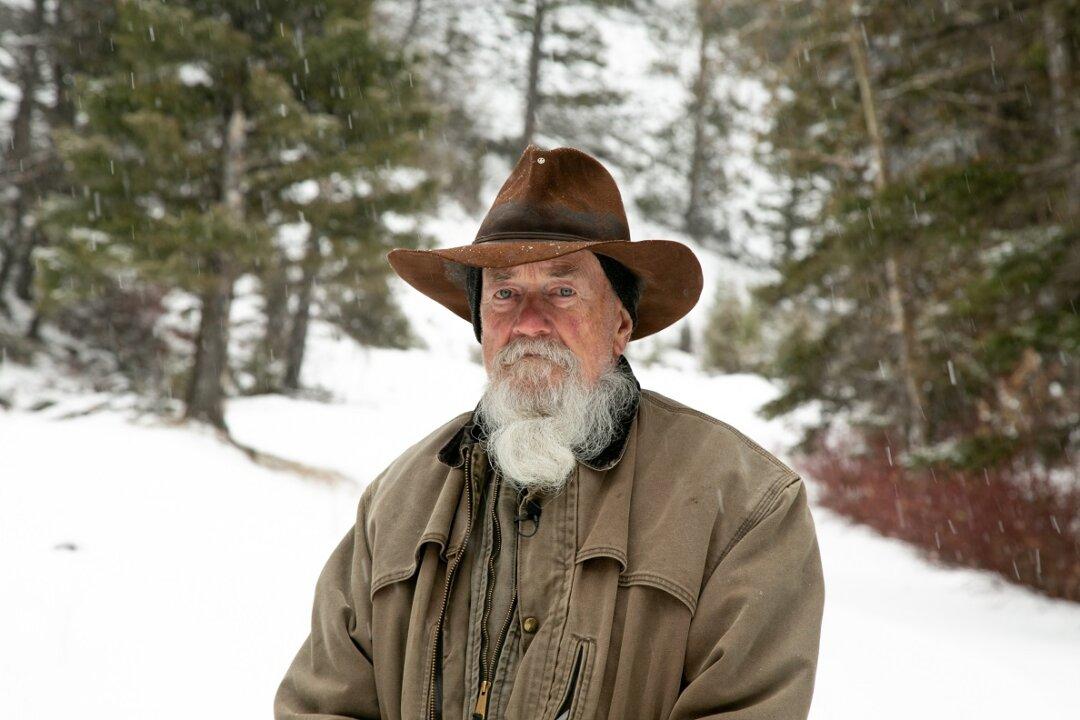Lawyers for a recently deceased Montana man’s estate say, despite his death, they may yet have a chance to challenge his federal convictions for digging ponds on his property without the government’s permission.
“Congress hasn’t authorized the agencies to tramp around on people’s property just because there is a little water on it,” senior attorney Tony Francois of the Pacific Legal Foundation told The Epoch Times.





